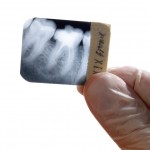
This review of the efficiency of orifice barriers in preventing coronal microleakage after root canal treatment included 18 in-vitro studies. The findings suggest the placement of an orifice barrier helped prevent coronal leakage. However the relevance of this to the clinical environment remains to be examined.
[read the full story...]







